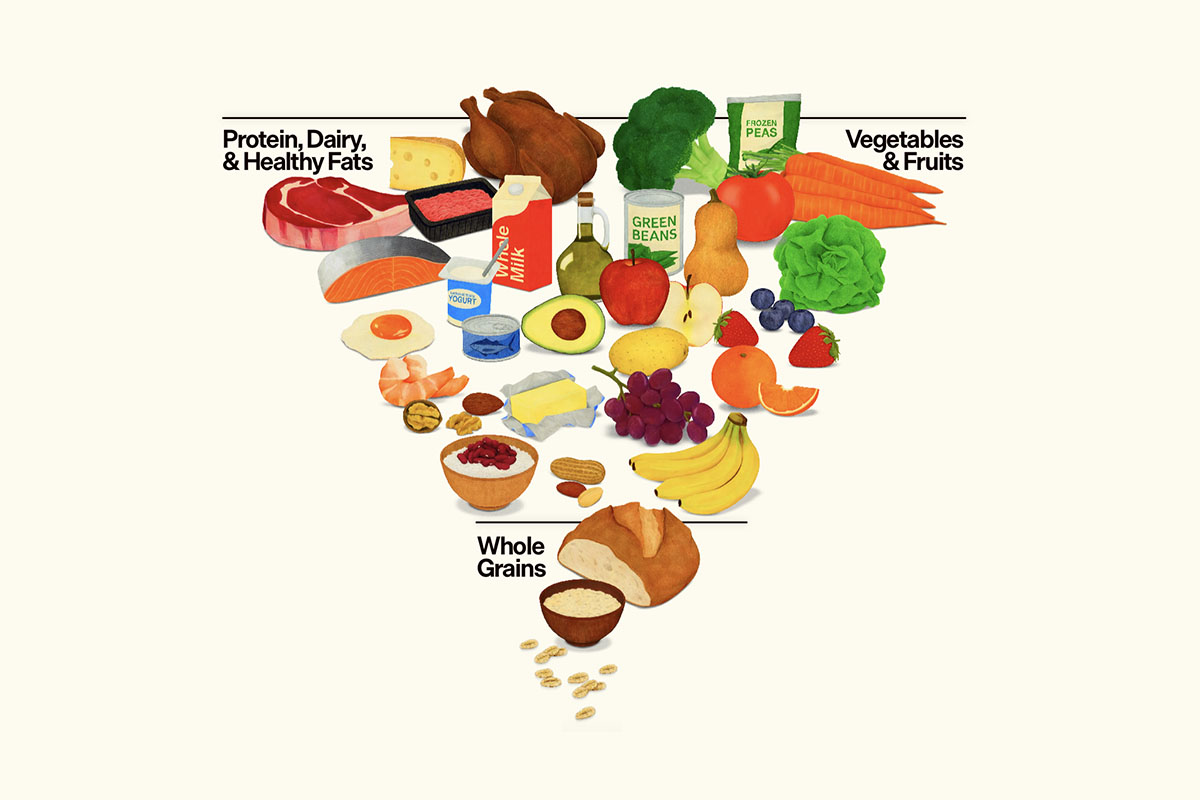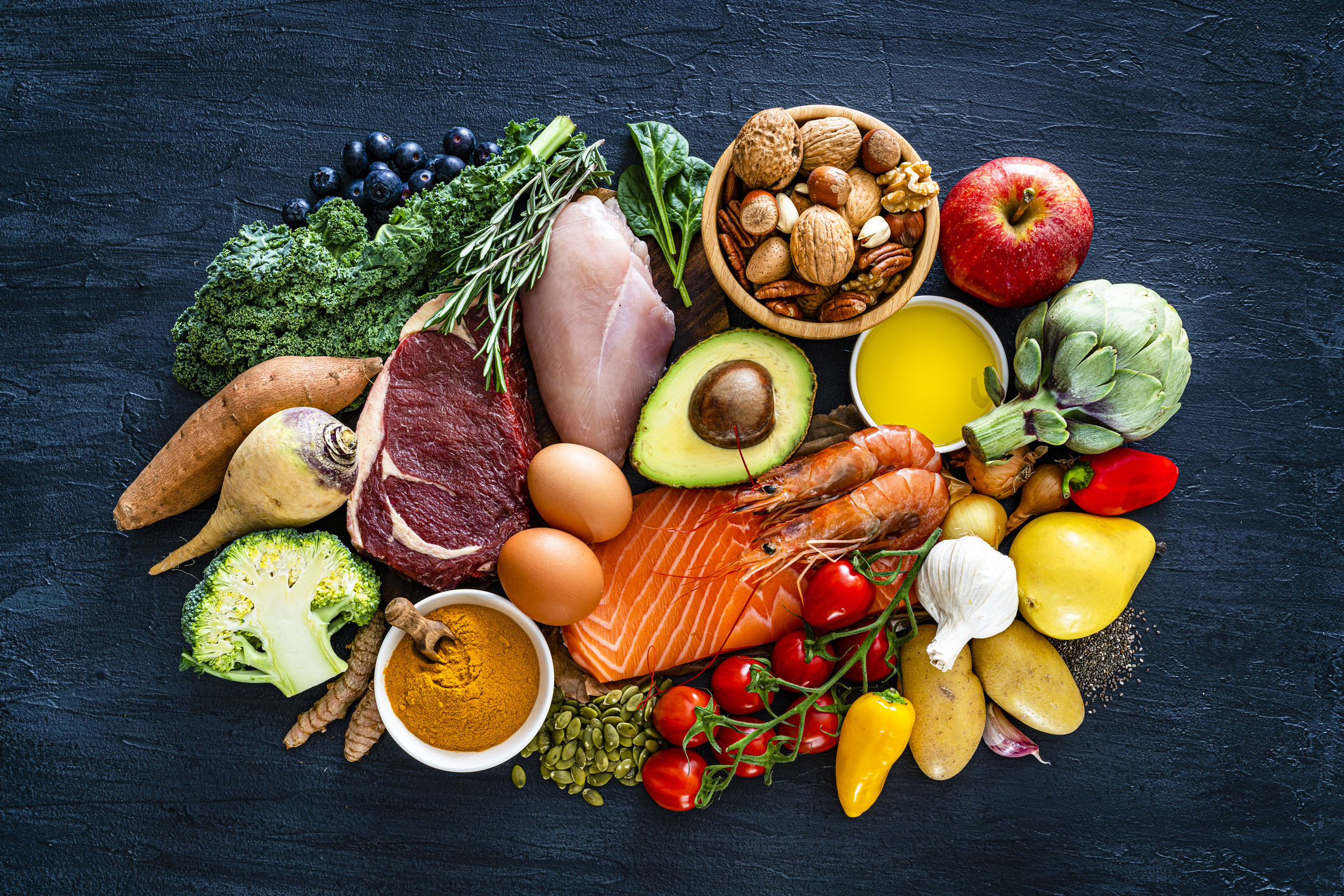Q: I thought it was always best to eat organic foods whenever possible, but I’ve been told that when it comes to beef it’s most important that it be grass-fed. Why is organic beef not as good as grass-fed beef? Also, I know beef contains saturated fats—are those safe to consume? What is your stance on saturated fats?
A: First, let’s distinguish between organic meat and grass-fed meat. Organic means the animal was not given hormones, antibiotics or pesticides in its feed. The feed, however, is not necessarily grass but corn and soy. Grass-fed meat is different in that the animal was pasture-raised, not fed corn or soy. Note that grass-fed often is organic, but organic is not necessarily grass-fed.
When cattle are not fed their natural diet—grass—they become inherently less healthy. Corn and soy feed in factory farms cause an unhealthy ratio of omega 6 to omega 3 fats: around 20:1 which is unhealthy for the animal as well as for our consumption of their meat. This ratio deems it pro-inflammatory. As we know, inflammation is the precursor to many of our chronic diseases. The saturated fat of the animal is also higher.
Grass-fed cattle have a ratio of omega 6 to omega 3 of about 2:1 which is much healthier. Other benefits of grass-fed meat as compared to grain-fed meat: they contain two to four times more vitamins A and E, are higher in branch chain amino acids (critical for developing muscle) and the pH of the first stomach is lower, thereby minimizing risk of E. coli bacteria. Grass-fed meat also has less saturated fat and contains about a third fewer calories than commercial grain-fed meat.
Having said that, please know that most saturated fats are NOT bad for us. The main saturated fat in meat is stearic acid. Stearic acid is shown in the scientific literature to have a neutral effect on cholesterol levels. It may also lower Lp (a) levels, an independent risk factor for heart disease. Moreover, grass-fed meat contains a very important saturated fat called trans-vaccenic acid which is a precursor to conjugated linoleic acid (CLA), a potent anticarcinogen.
Other saturated fats such as lauric acid found in coconut oil, confer their benefits via biochemical conversion to monolaurin, a potent antiviral and antibacterial.
The assertion that all saturated fats are bad is blatantly incorrect.
The worst fat on the planet is man-made trans fat. Avoid it like the plague.
To your health!







